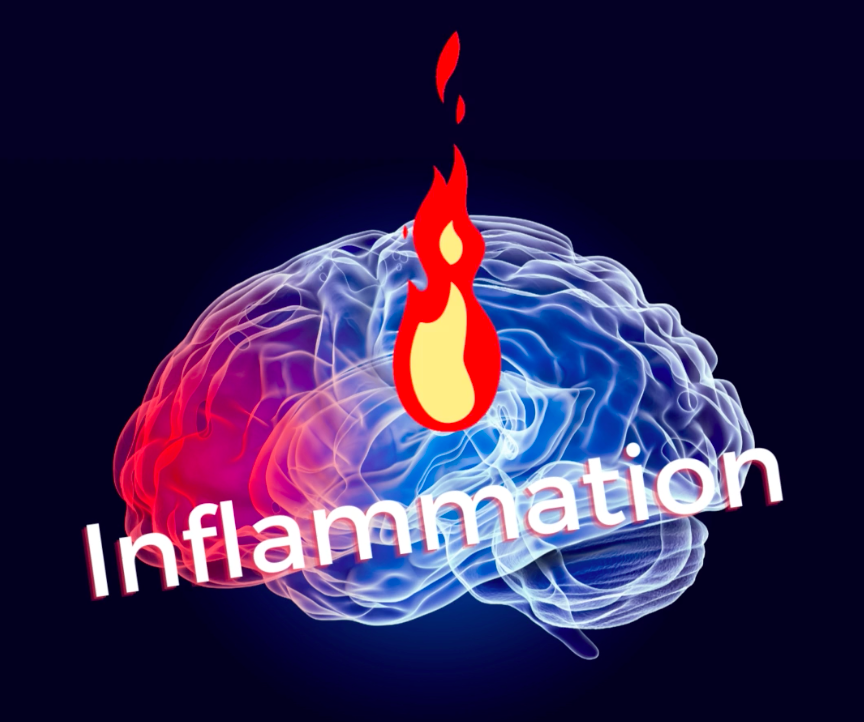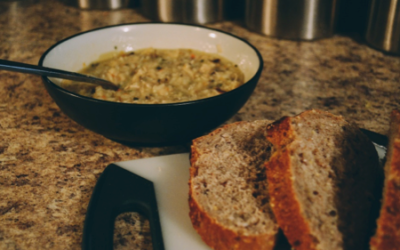Neuro-inflammation is inflammation of the nervous tissue, and is associated with a wide variety of psychological symptoms such as ASD, ADHD, schizophrenia, and epilepsy.
Neuro-inflammation is a defense mechanism that initially protects the brain by removing or inhibiting diverse pathogens. This inflammatory response can have beneficial effects by promoting tissue repair and removing cellular debris. Sustained inflammatory responses, however, are detrimental, and they inhibit regeneration.
Chronic inflammation is the sustained activation of glial cells and recruitment of other immune cells into the brain.
According to Dr. Kharrazian, the risk factors that can activate microglia to produce brain inflammation include:
• chronic stress
• compromised blood-brain barrier
• diabetes
• digestive disorders
• dysbiosis
• environmental toxins (chemicals & heavy metals)
• gluten intolerance
• head trauma
• high carbohydrate diet
• sedentary lifestyle
• substance abuse
• systemic inflammation
• vitamin B deficiency
A compromised blood-brain barrier is one of the greatest risk factors for brain inflammation. But this barrier can become damaged, making it permeable or “leaky.”
In order to reduce neuro-inflammation, you need to
1. remove inflammatory triggers, including environmental triggers and foods
2. Nourish the brain with nutrients that lower inflammation and heal tissue
3. Engage in activities that promote a reduction in inflammation
Over the next few days, I am going to discuss each of these three so you are better equipped to know how to reduce the inflammation contributing the any cognitive condition that you may be concerned about.





0 Comments